
Business
23:11, 30-Jan-2018
Environment Protection Tax to better incentivize lower emissions
CGTN’s Hu Chao
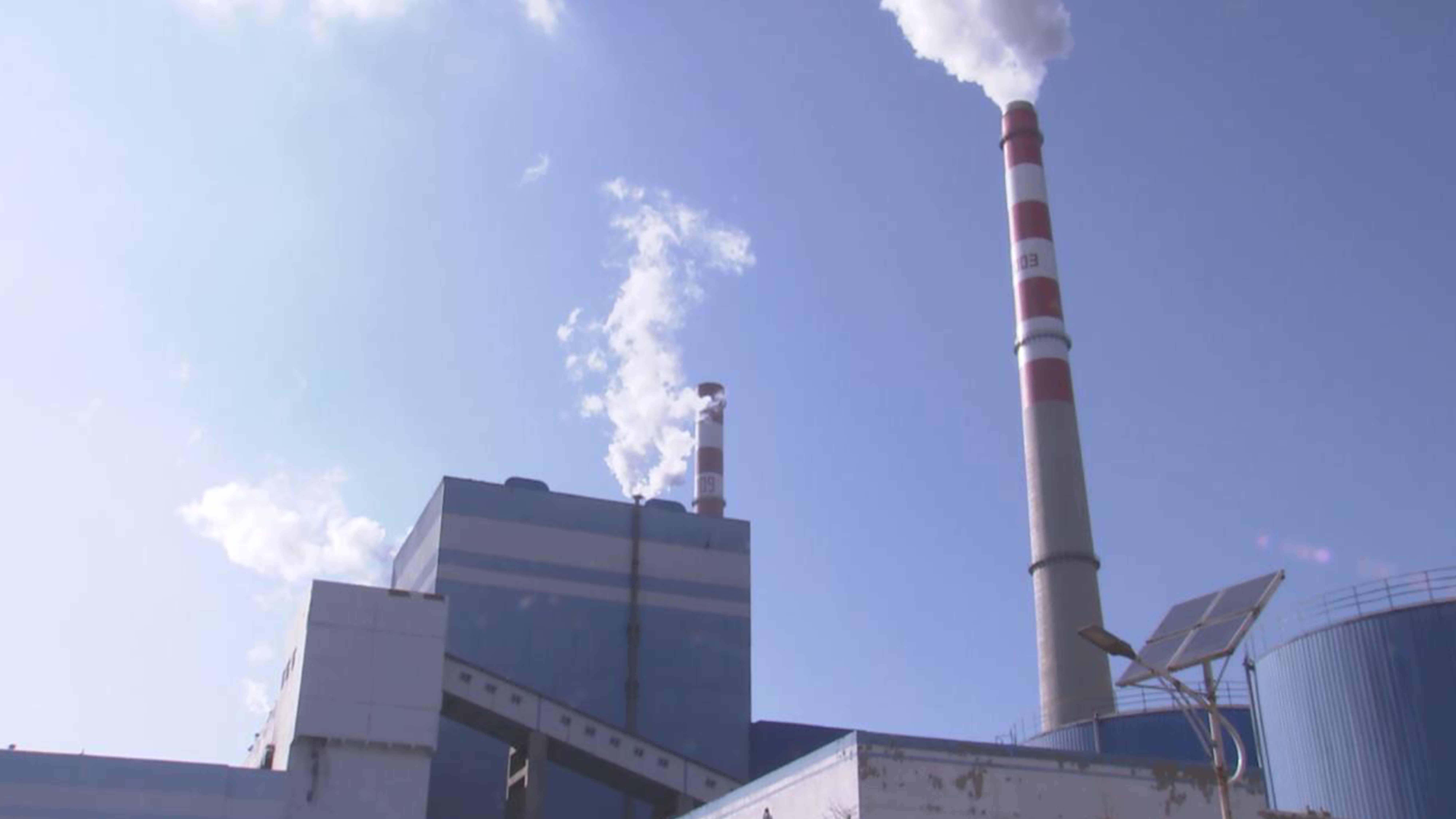
China’s new Environmental Protection Tax Law took effect on Jan 1. It implements a new levy on pollutants from noise to solid waste that ends the country’s decades-long policy of pollutant discharge fees.
The nation’s first green tax is expected to impact more than 300,000 corporate taxpayers collecting more than 50 billion yuan in 2018.
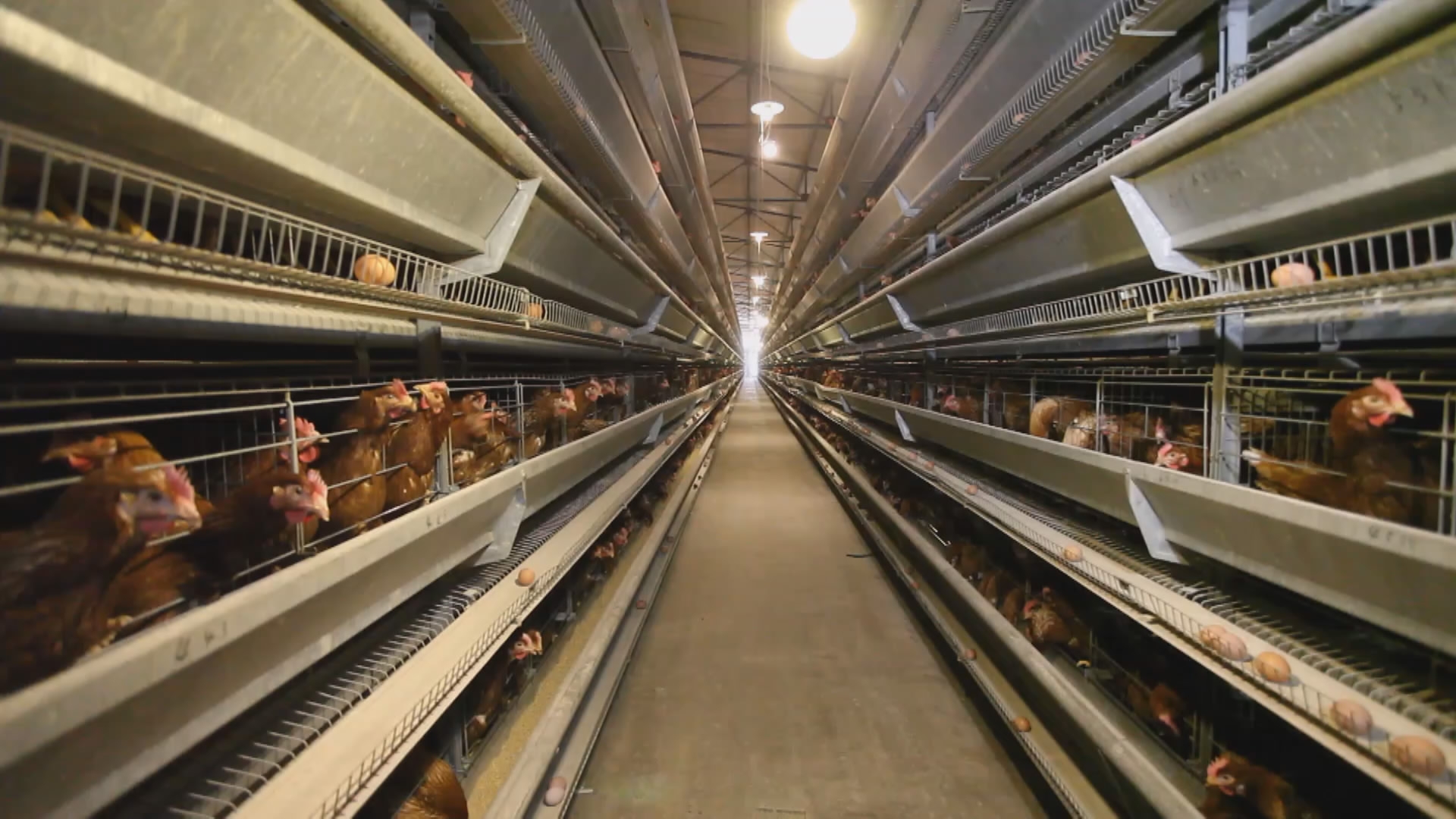
The Pingyao County poultry company keeps around 250,000 hens for their eggs. /CGTN photo
The Pingyao County poultry company keeps around 250,000 hens for their eggs. /CGTN photo
Among those affected by the sweeping levy on firms that emit harmful substances are a chicken farm on the outskirts of Pingyao County in north China’s Shanxi Province that raises around 250,000 egg-laying hens.
This
poultry company is one of the 8,650 companies and public institutions in Shanxi
which will be subject to the new tax.
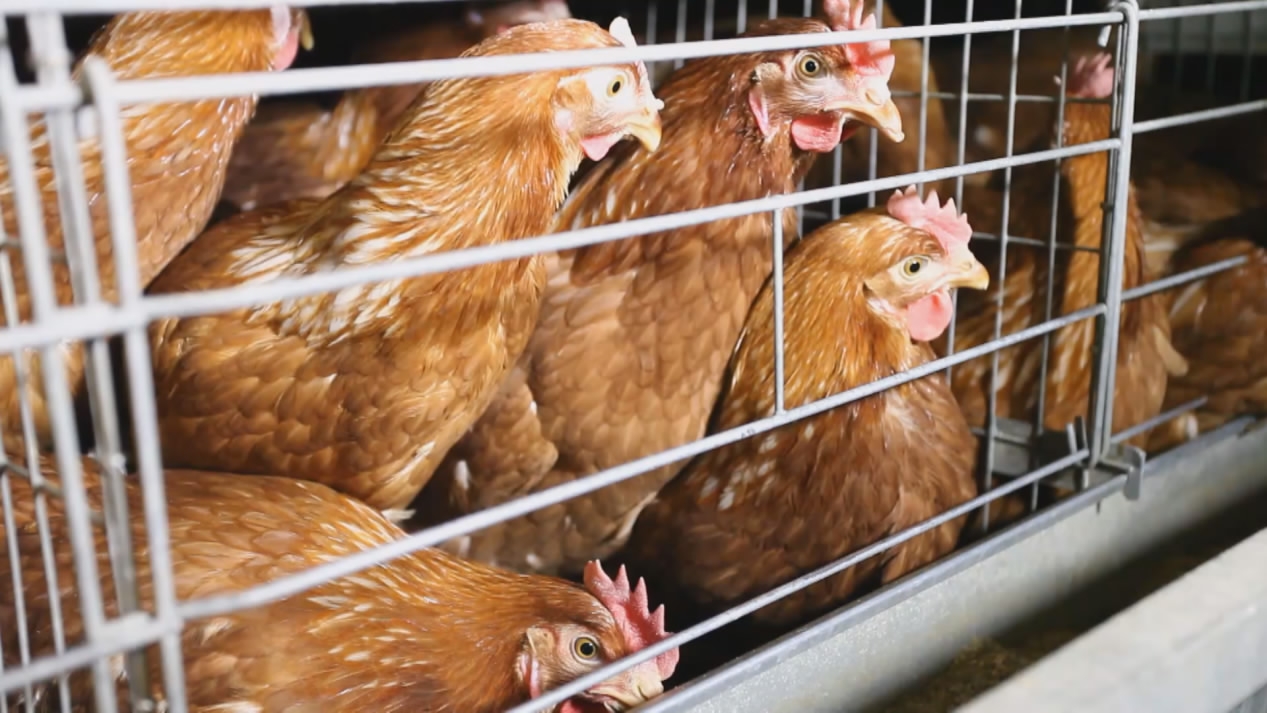
The poultry industry is a major target of the new green tax. /CGTN photo
The poultry industry is a major target of the new green tax. /CGTN photo
Ji Guoqing, the company manager, said that one hen cost around 4 cents for the gas emitted under the previous pollution discharge fee system. But with the rates set by the new tax, one hen will now be taxed cost around 7 cents for its pollutants, a 75 percent increase.
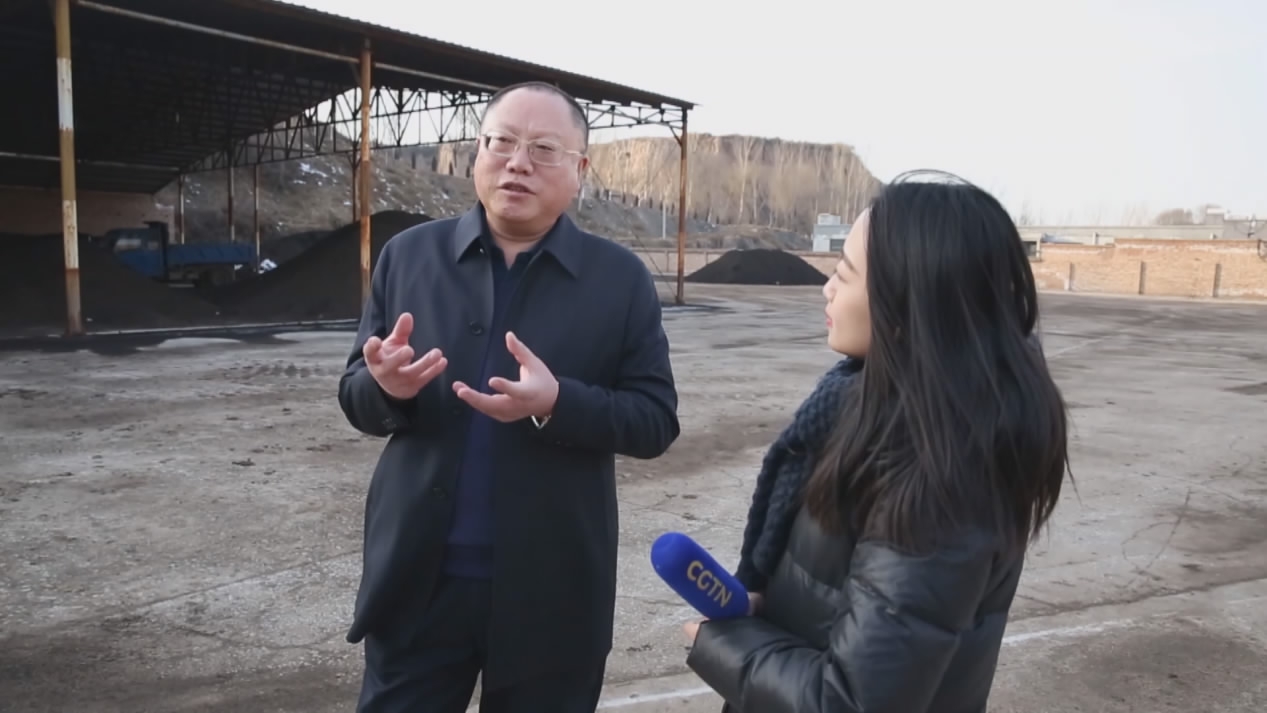
Ji Guoqing, head of this poultry company, said there might be a price rise in the industry. /CGTN photo
Ji Guoqing, head of this poultry company, said there might be a price rise in the industry. /CGTN photo
Ji forsees a price hike rise in the industry in the future. He said, “I know the Environmental Protection Tax Law is for the greater good, but the rising costs will be reflected in the end price.” He also expressed concern that smaller poultry companies who don’t have to pay the tax will have a better price advantage in the market.
This poultry company is one of the 8,650 companies and public institutions in Shanxi who will be subject to the tax.
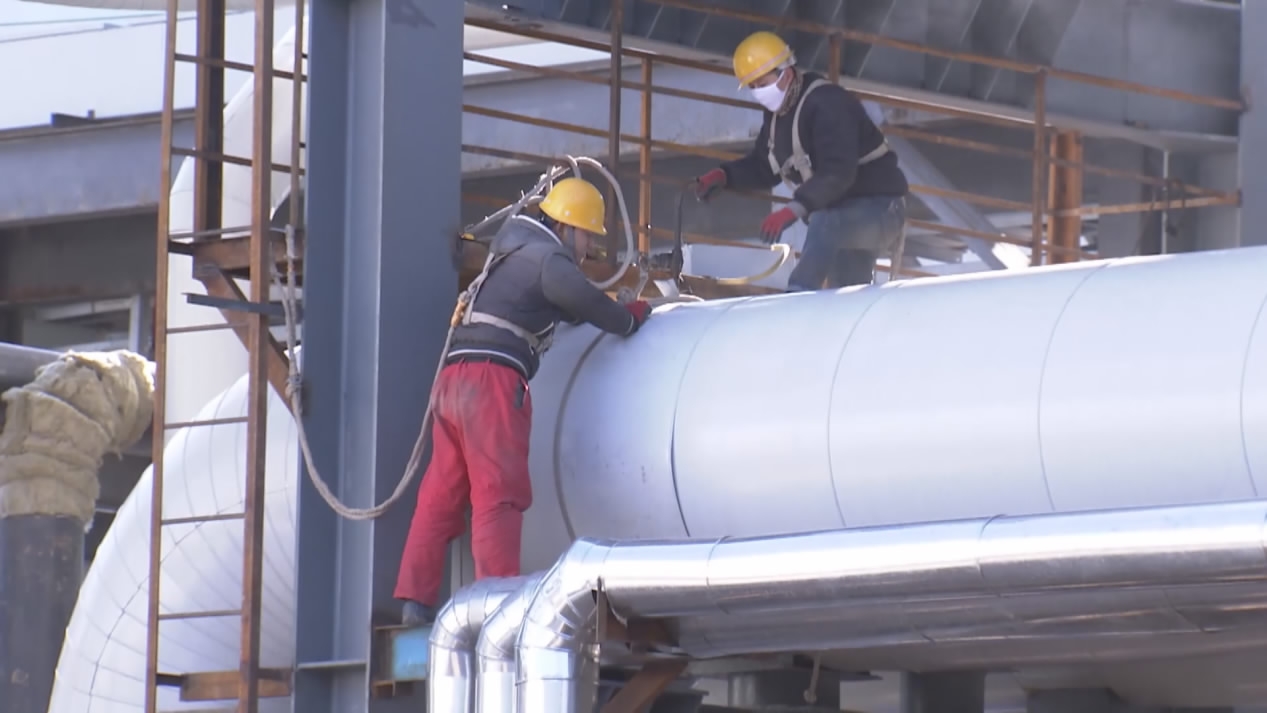
Employees working on environmental protection facilities in a power plant in Shanxi. /CGTN photo
Employees working on environmental protection facilities in a power plant in Shanxi. /CGTN photo
China allows different provinces to set up their own tax rates within the range given by the law, which stipulates a progressive system.
Experts say the tax will force companies to improve their environmental protection measures.
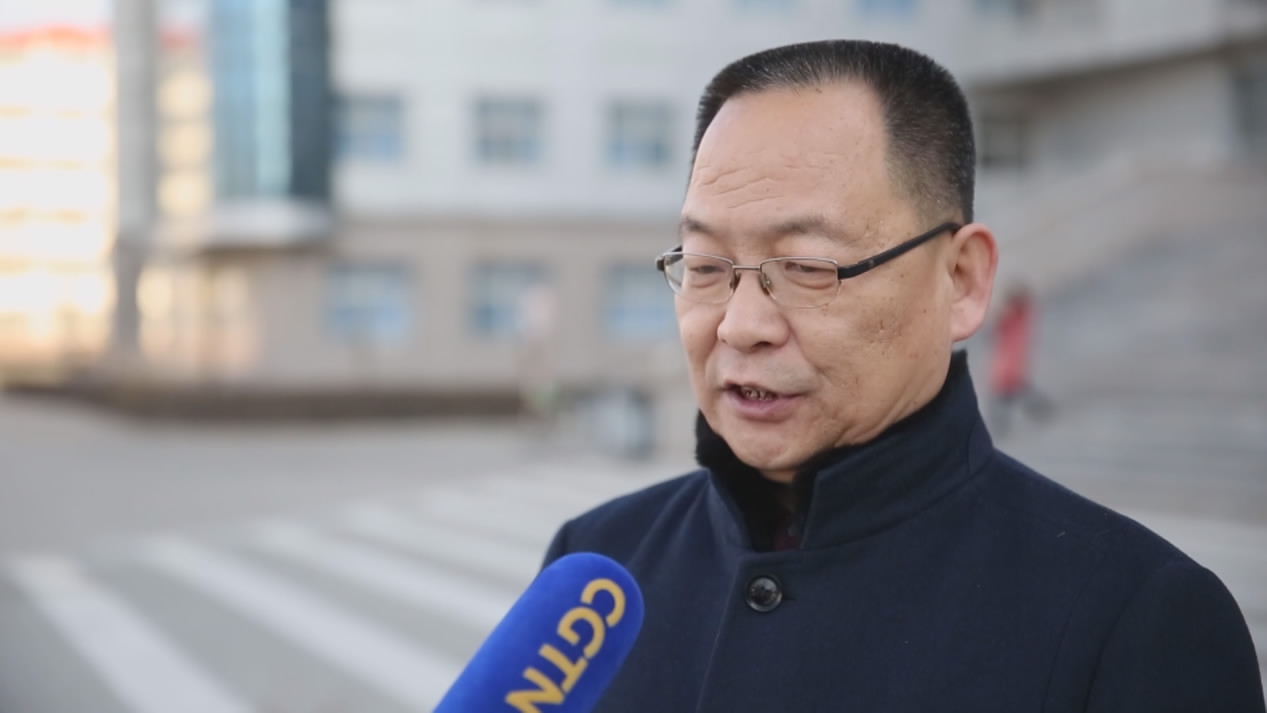
Professor Wei Hulin believes a price rise in related industries is unlikely. /CGTN photo
Professor Wei Hulin believes a price rise in related industries is unlikely. /CGTN photo
Wei Hulin, dean of business administration Institution at Shanxi University of Finance and Economics, says the new tax will push companies to invest more in environmental protection and innovation. “It will prune out backward companies with heavy pollution,” he said.
Professor Wei also pointed out that a price rise in related industries is not likely. “In fact, the environment tax is a small proportion in the total tax paid by a company. Authorities have been working on solutions to prevent taxes taking a toll on prices”, he said.

SITEMAP
Copyright © 2018 CGTN. Beijing ICP prepared NO.16065310-3
Copyright © 2018 CGTN. Beijing ICP prepared NO.16065310-3